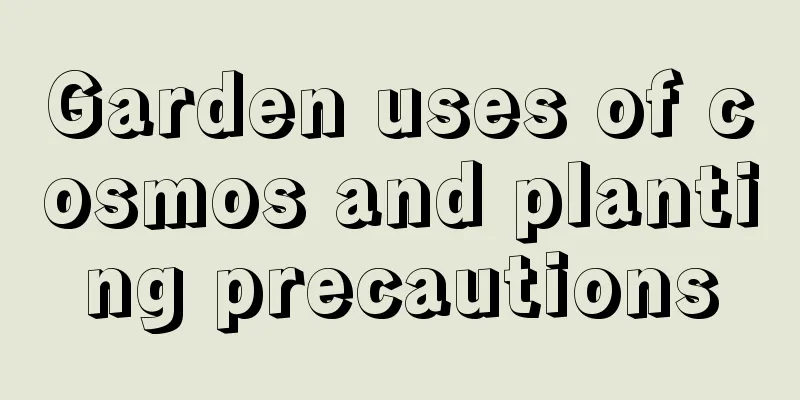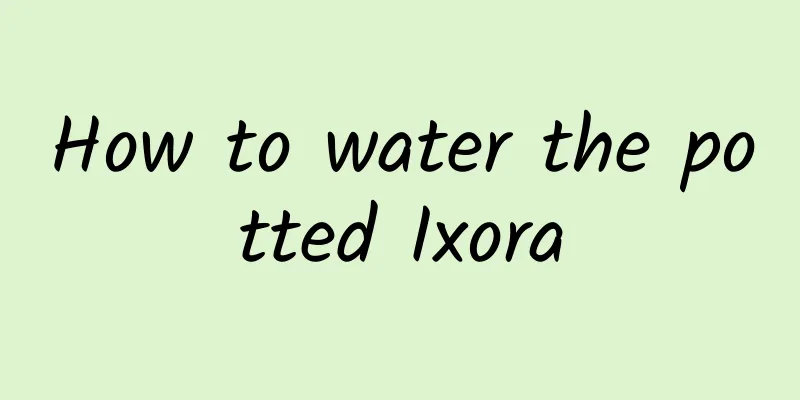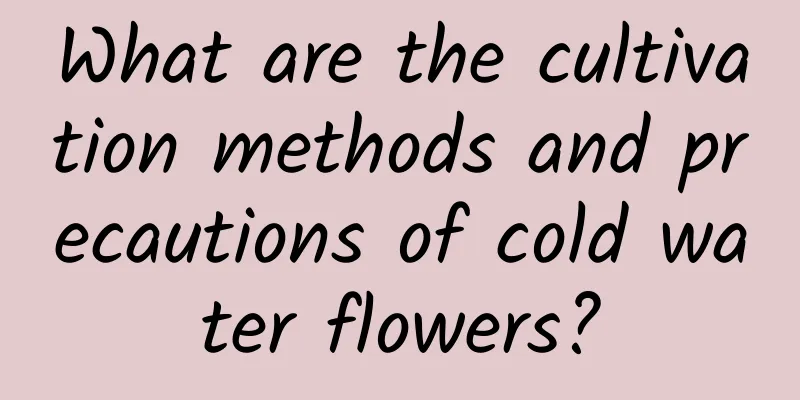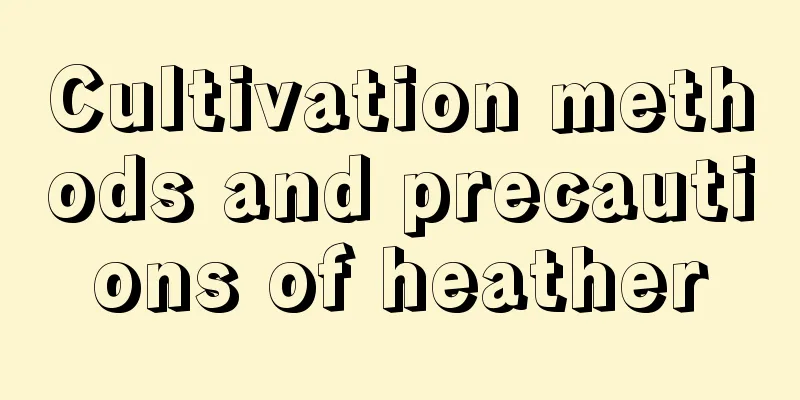Causes and treatments for yellow poinsettia leaves

1. Too much lightReason: Poinsettia is a short-day plant. If the sunlight is too strong and the ventilation is poor, the poinsettia will easily turn yellow and lose its leaves due to high temperature and dryness. Treatment: It needs to be placed in a semi-shaded place with sufficient diffused light and good ventilation. When exposed to sunlight, appropriate shielding measures should be taken. Spray water on the ground frequently to increase the air humidity. 2. OverwateringCause: Excessive watering can easily lead to water accumulation in the pot. At this point, the poinsettia's roots will lack oxygen and may develop root rot, which can cause the leaves to turn yellow. Solution: Place the poinsettia in a well-ventilated, shady place, provide sufficient light, dry out excess moisture in the soil, and then resume normal watering. When growing poinsettias, you need to control the amount of watering reasonably to avoid water accumulation. In addition, if heavy rain occurs, drain the water in time, or move the poinsettia indoors before the rain. 3. Temperature is too lowReason: Poinsettia prefers warm climate and is not cold-resistant. The suitable temperature for growth is between 15-20℃. In winter, the night temperature must be kept above 15℃ and not lower than 5℃, otherwise the poinsettia leaves will turn yellow and fall off. If you open the windows and let in cold wind in winter, the poinsettia leaves will turn yellow or even fall off. Solution: The temperature needs to be raised and the plants should be placed in a relatively stable indoor environment for maintenance. After mid-October, it is best to place it in a warm, sunny place facing south to ensure that it will not be affected by cold winds. 4. Root rotReason: If the pot is too wet for a long time, the roots of the poinsettia will rot, causing root rot and the leaves will turn yellow. Solution: If root rot occurs, you need to dig the roots out of the pot, cut off the rotten roots, and then disinfect them to prevent further virus infection, and then replant and maintain them. |
<<: Causes and treatments for yellow leaves of umbrella flowers
>>: Causes and treatments of yellow leaves of raindrops
Recommend
How to propagate crabapple by cuttings
Begonia is famous for its delicate flowers and el...
How long is the growth cycle of Impatiens?
Introduction to the growth of Impatiens Impatiens...
Does the money tree bloom?
Is it blooming? In fact, money tree is the same a...
Brussels sprouts cultivation methods and precautions
1. Maintenance methods 1. Temperature: The most s...
How to plant sweet potato seedlings to achieve high yield?
Sweet potato, also known as sweet potato and swee...
How to grow and maintain Cixi succulent plants and what to pay attention to
Cixi succulent belongs to the genus Echeveria, an...
How to deal with gardenia after it blooms
1. Timely pruning After the gardenia blooms, ther...
What types of flower pots are there
Plastic flower pots Plastic flower pots are the m...
Advantages and Disadvantages of French Dress Rose
French dress rose is a rose variety that can be c...
The difference between wild strawberry flowers and snakeberry
1. The difference between flowers The wild strawb...
Do we need to go out and dig wild vegetables? Grow some yourself and eat it every day!
Planting purslane in a pot on the balcony is easy...
How long is the growth cycle of bayberry?
Introduction to the growth of bayberry Bayberry i...
Jujube tree planting methods and techniques
The jujube tree is a fruit tree with strong adapt...
The difference between tuberose and Mirabilis jalapa
1. Different plant types Tuberose is a shrub of t...
When and how to plant Chinese cabbage
Cabbage planting time Chinese cabbage is suitable...









